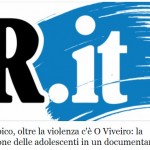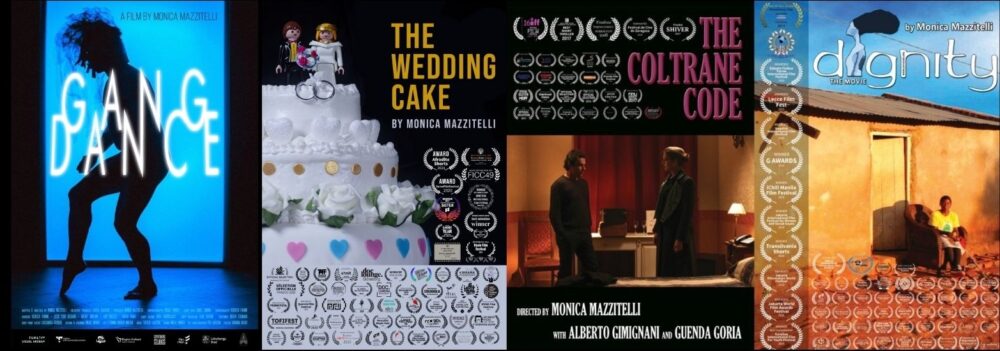A truly touching and deep piece about Dignity and O Viveiro written by Maria Cristina Fraddosio and published on Italy’s main daily newspaper Repubblica.it
Mozambique, beyond violence: “O Viveiro”: the revolution of teenagers in a documentary
In Tete province, Mozambique, young adolescents are fleeing from violence to which they are forced to aspire to a better future. “Dignity” is the title of a documentary that tells the story of some orphan girls in Chitima, housed in the center of O Viveiro.
As seeds of rare flowers, planted, guarded, fed and protected, the girls at O Viveiro sprout in an explosion of color that is astonishing. A generation of teenagers, with a history of violence, segregation and grief, is preparing to change the habits of the country. One could speak of a revolution from below, and the results are tangible. […]Emanuela Bonavolta, the founder, along with Lúcia and her husband Tomé, have no intention to abandon these girls again, as the fate was for many of them during their childhood. Instead, they continue to follow them even after their stay at O Viveiro and finance – if necessary – the university, as they did to Paula, who is now in Beira to become a doctor. Girls are accepted in the center at around 8-10 years and remain there until they turn 18. “They arrive with lowered eyes and remain silent for days,” says Emanuela.
From slavery to freedom. The images that portray the documentary Dignity, by the Italian director Monica Mazzitelli that had its premiere at the Romafrica Film Festival, testify to the fulfillment of a metamorphosis. Smiling faces, strong values, the need to tell their stories and dreams to grow, without forgetting their past. They come from an environment where violence and isolation are the norm. As Emanuela tells: “At the age of 4-5 years, are sent to work in the fields, then to the market. When we are older, they are victim of sexual violence. There are terrible rites of initiation. The girls are real slaves”.
Rosa is one of them. She lost her father, arrived at the center with an amputated leg. With the aid of O Viveiro, the prosthesis was purchased. Today she walks more than three kilometers a day, even with 40°, to reach school and then the place where she works on the wicker. She was taught by a lady from Malawi. […] A typical day begins for them at five in the morning until ten at night are engaged in the study, the insights, the apprenticeship courses, management and maintenance of the structure.
[…] These young heroines have dared to aspire to a dignified life. Other teenagers in Chitima become prostitutes to rise socially. Every day, in fact, “many girls leave for Chirodzi, where there is a coal mine. Here they sell themselves to foreign miners”, says Father Constantine, the priest of O Viveiro. […]. And the thought of Monica, the director of Dignity, also goes to those who did not make it.
